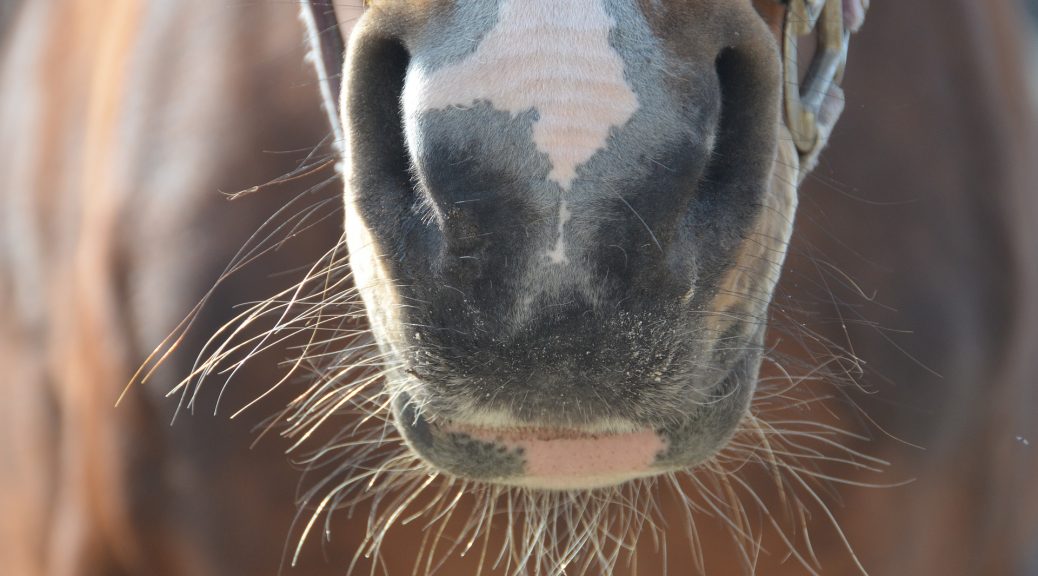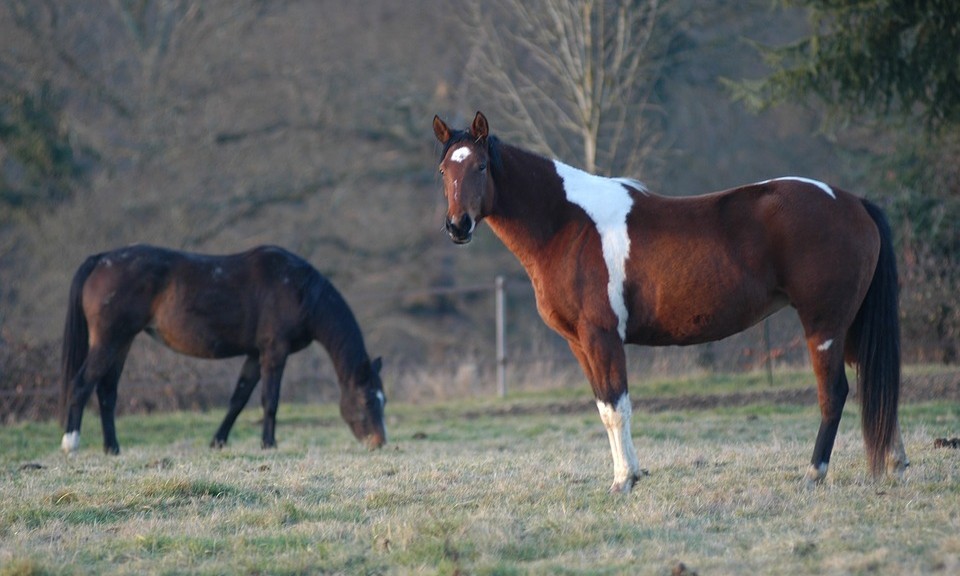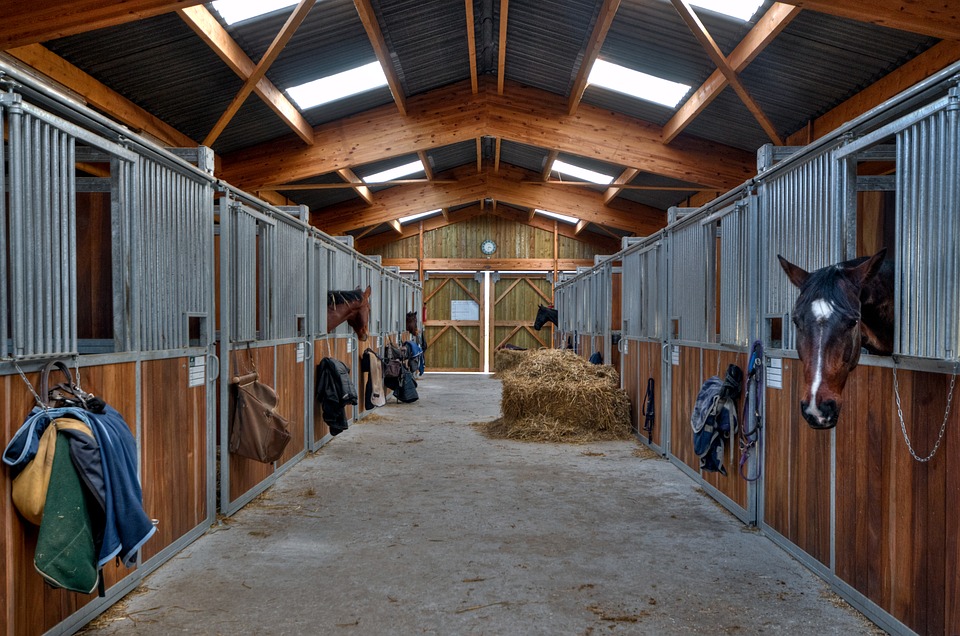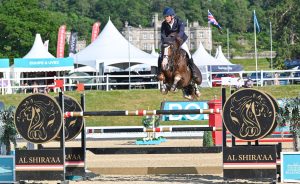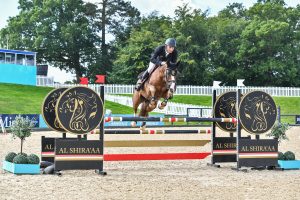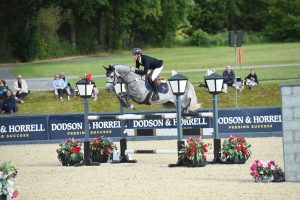The FEI announced last night (1 March) that all international events in 10 countries in mainland Europe would be cancelled with immediate effect, until at least 28 March. This was due to an outbreak of the most serious strain of EHV-1 (Equine Herpes), the neurological form which attacks the central nervous system of the horse and is highly contagious. It is known so far that four horses have been euthanised over the weekend and 84 horses in Valencia alone had tested positive.
A spokesperson from the FEI refers to it as “the rapid evolution of a very aggressive strain of the neurological form of Equine Herpes Virus (EHV-1).” It has been traced back to Valencia in Spain and has already resulted in related outbreaks in at least three other countries in Europe.
This rule applies to all FEI sports, not just showjumping. However, the FEI have also decreed that in order to prevent huge numbers of horses simultaneously departing the Jumping Tours on the Iberian Peninsula, in Italy and Belgium that have been ongoing for a number of weeks, these specific Tours will be allowed to continue as individual “bubbles” on the condition that absolutely no new horses are allowed to enter the venues and no positive cases of Equine Herpes (EHV-1) are confirmed.
The Jumping Tour venues in Spain- Vejer de la Frontera, Portugal- Vilamoura and Italy- San Giovanni in Marignano and Gorla Minore (ITA) will have stringent biosecurity protocols in place and additional FEI Veterinary Delegates onsite. According to the FEI, horses will only be permitted to leave these venues when they are in possession of an official health certificate from the local Veterinary Authorities. Any horses leaving these venues without this documentation will be blocked on the FEI Database. It is also illegal to transport a horse without an official health certificate.
The popular Spanish venue of Oliva Nova had already advised the FEI that it will be cancelling the rest of its scheduled competitions in the Mediterranean Equestrian Tour III. Opglabbeek in Belgium has also informed the FEI that it has cancelled its events in March.
A number of European countries have already cancelled all their events to reduce transmission of the virus as far as possible. The UK- not part of the list, has not returned to competition due to Covid enforced lockdown conditions.
The ten countries in question are France, Spain, Portugal, Belgium, Italy, Austria, Poland, Netherlands, Germany and Slovakia. The decision has been made in accordance with FEI General Regulations Article 112.3, which state: “The Secretary General shall have the authority to remove any Competition and/or Event from the Calendar if justified circumstances relating to a Competition or the Event are established.”
Speaking on their decision, FEI Secretary General Sabrina Ibáñez said:
“This was not an easy decision to block events in mainland Europe, particularly after the major disruption to the FEI Calendar caused by the Covid-19 pandemic, but this EHV-1 outbreak is probably the most serious we have had in Europe for many decades and our decision is based on clearly identified epidemiological risk factors.
This strain of EHV-1 is particularly aggressive and has already caused equine fatalities and a very large number of severe clinical cases. We need to keep our horses safe.
We are also aware that a large number of horses left the venue in Valencia without an official health certificate, meaning they had an unknown health status. Some horses were already sick, and the risk of transmission from these horses is a major concern.
Cancelling these competitions in mainland Europe, with the exception of the ongoing Jumping Tours in the Iberian Peninsula and Italy, limits the number of horses travelling internationally and therefore reduces the likelihood of this very serious virus being transmitted on an increasingly wider scale. We also strongly recommend that the affected member Federations should also cancel their national events.
We are very conscious of the fact that this is a very stressful and distressing time, and that this is potentially hugely disruptive for those athletes aiming for their Minimum Eligibility Requirements (MERs) or confirmation results for Tokyo, but we are looking at ways to alleviate that in order to assist athlete/horse combinations in getting their MERs or confirmation results once the events in mainland Europe are allowed to resume.”
The FEI is conscious that some athletes have already arrived on competition venues or are en route, and is directly contacting all impacted athletes entered in Events between now and 28 March 2021.
A widespread testing programme is being carried out. Symptoms of Equine Herpes include:
- High temperature
- Nasal discharge
- A dry cough
- Loss of appetite
- Reduced performance
- Lethargy/depression
- Unable to pass urine or droppings
- Poor limb coordination- in severe cases unable to stand
It can be spread via direct horse to horse contact but also contaminated equipment, handler clothing or boots.
Written by Horse Scout reporter, Ellie Kelly.

